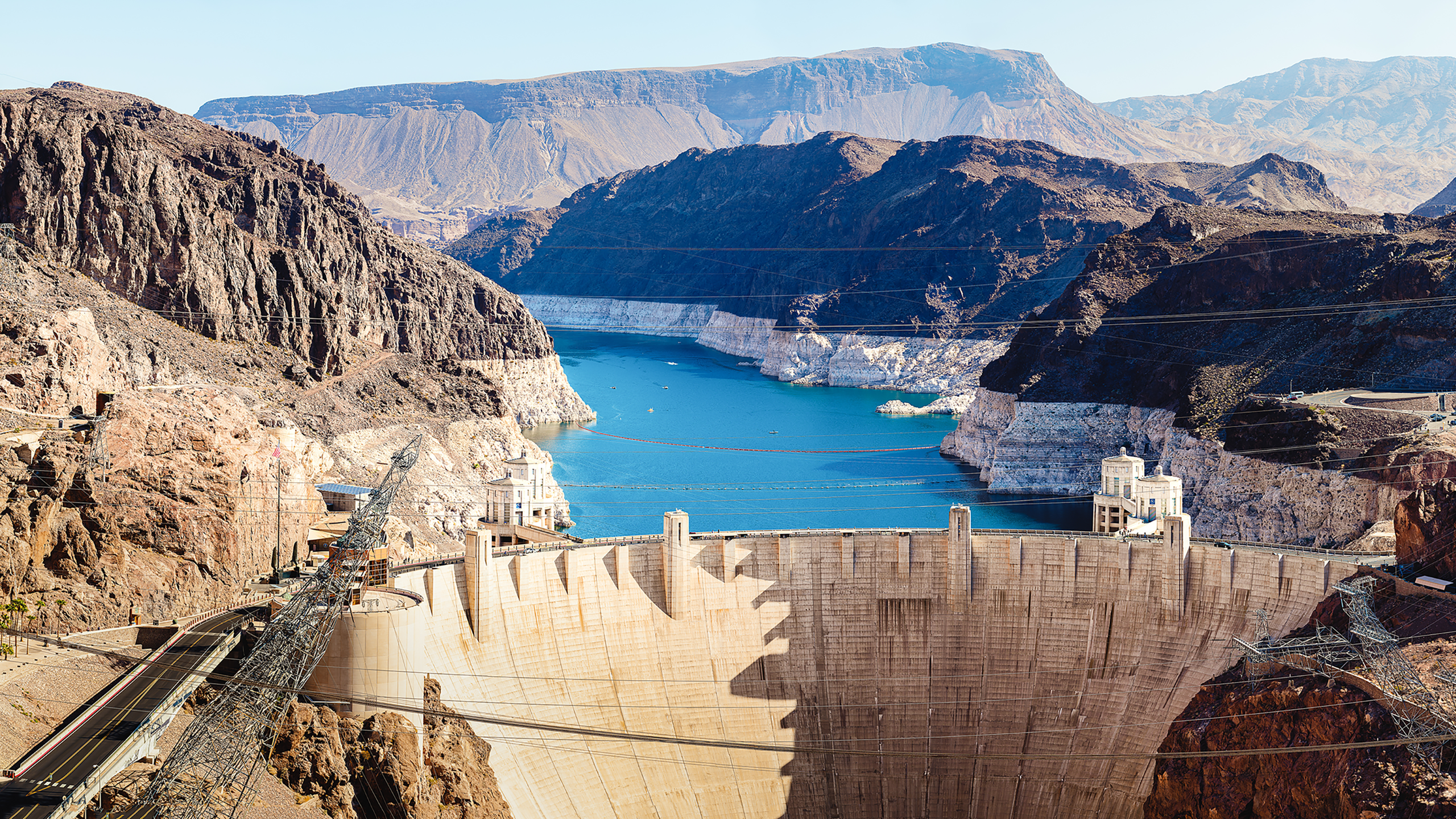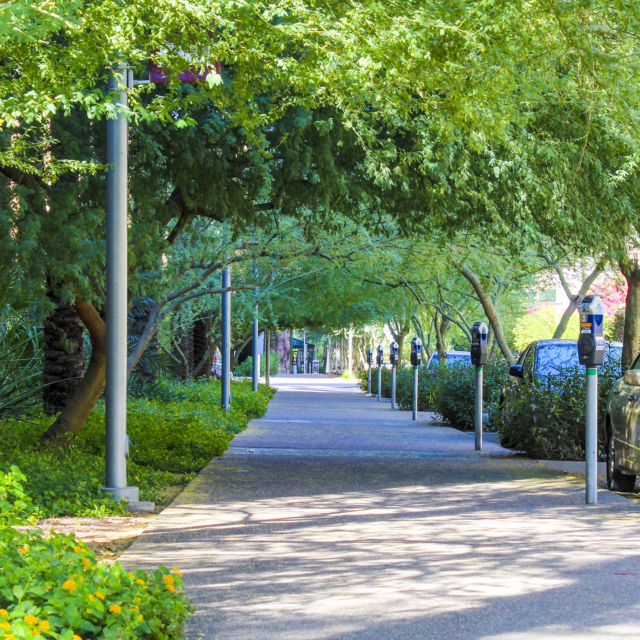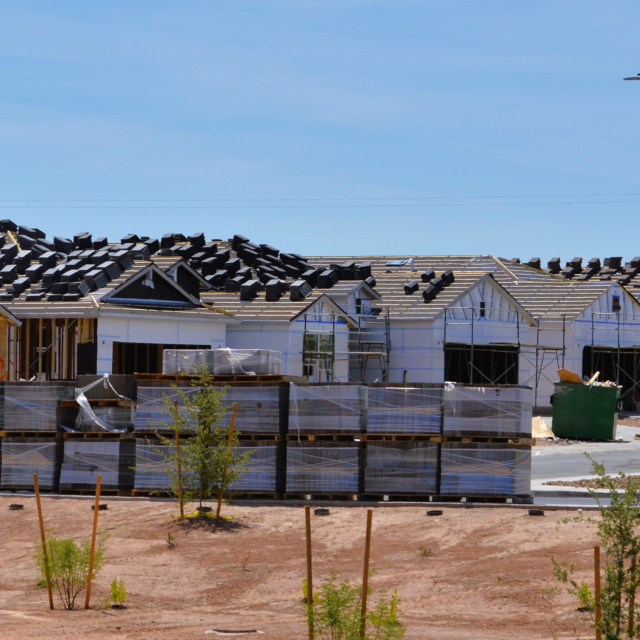Even as the threat of dead pool on Lakes Powell and Mead and loss of hydropower at Glen Canyon Dam now looms mere acre-feet away, another federal deadline came to pass this January with no consensus on allocation or conversation among the Colorado River basin states.
Ten Across has been following the negotiations and challenges of the drying Colorado River over the last few years, hosting engaging and illustrative dialogues among various stakeholders and advisers of the river both on air and at Ten Across summits including the recent summit in Houston. Given that the situation is more dire than ever, we decided it was apt time to reconvene three closely involved experts on the continued water crisis.
In this episode, Ten Across founder Duke Reiter speaks with the 2019 Drought Contingency Plan signatory, James Eklund; U.S. Commissioner of the Upper Colorado River Commission, Anne Castle; and former chair of the California State Water Board, Felicia Marcus about the difficult legal and cultural struggle among senior and junior water users. A struggle deeply engrained in the history of the river and one that is currently reaching an apex ahead of the Bureau of Reclamation’s Environmental Impact Statement this summer.
Notable Quotes:
“…the Upper Colorado River commission — they’ve walked the talk. They are looking at this basin as one connected basin, and they’re looking at the people in the lower basin (…) like Americans, and guess what we’re Americans. So we should be treating this as an American issue, like many of the issues that Ten across deals with that are multi-jurisdictional interstate issues, We need to be looking at this basin in that framework.” — James Eklund
“That speeding freight train has slowed down a bit, but we’re still heading towards a wreck…and the reason we’re still on this speeding freight train is because we have not addressed supply and demand.” –Anne Castle on the Colorado River Crisis
“The interesting thing is that here we are talking about water and everybody is focused on the system going down…but in reality the reason we’re here and the reason this is showing up in newspapers when it is, is because the driver is hydroelectric power.” –James Eklund
“There has been a revolution in this particular field.” –Felicia Marcus on alternative water sources like recycled water and groundwater recharge.
Guest Speakers
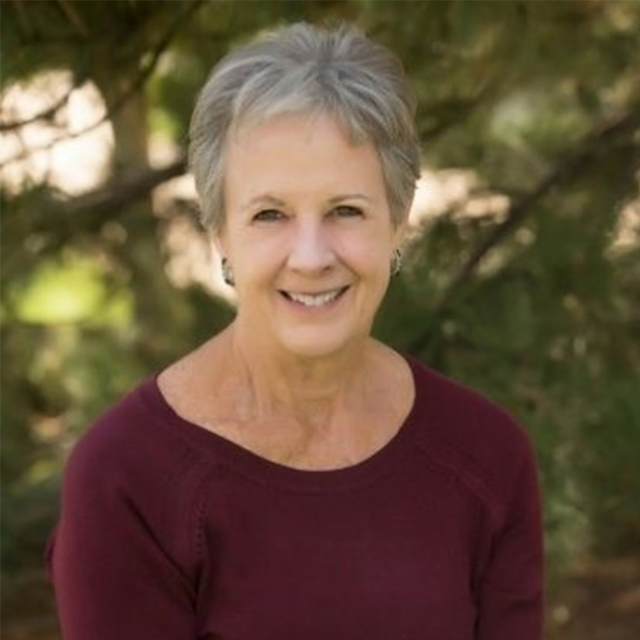
Anne Castle is a senior fellow at the Getches-Wilkinson Center for Natural Resources, Energy and the Environment at the University of Colorado Law School, focusing on western water issues including Colorado River operational policy and the integration of water and land use planning. Last September, Anne was appointed U.S. Commissioner to the Upper Colorado River Commission, which is currently working toward achieving equitable conservation solutions and compensation to farmers of the river. She is also a founding member of the Water Policy Group, comprised of select water sector experts who have been trusted advisers within governments and international bodies handling complex water policy. From 2009 to 2014, she was Assistant Secretary for Water and Science at the U.S. Department of the Interior where she oversaw water and science policy for the department and had responsibility for the U.S. Bureau of Reclamation and U.S. Geological Survey.
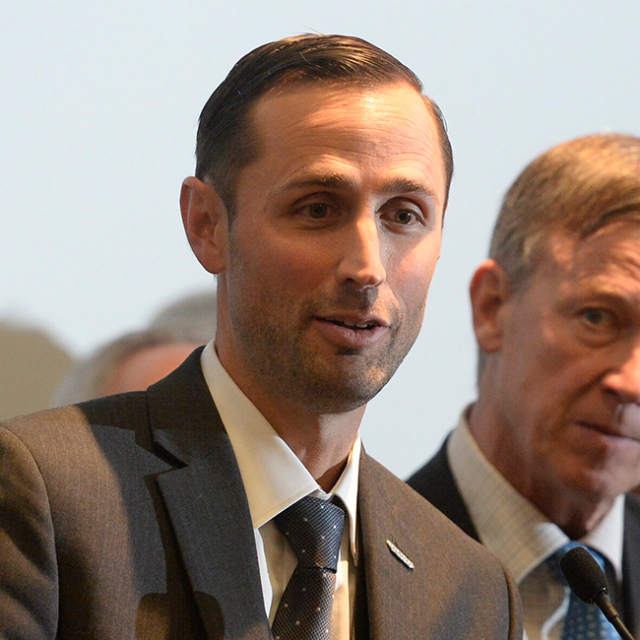
James Eklund currently leads the Water & Natural Resources practice at the law firm Sherman & Howard, working with sovereign governments, multi-state authorities, state agencies and private interests to deliver critical water infrastructure projects and to design policy regarding water law, natural resources, infrastructure and environmental protection. James is recognized by many as an authority on water management in the American west a negotiator and Colorado signatory to the 2019 Drought Contingency Plan. He also finds time to teach law at the University of Colorado Denver and University of Denver, along with maintaining his own ranch.
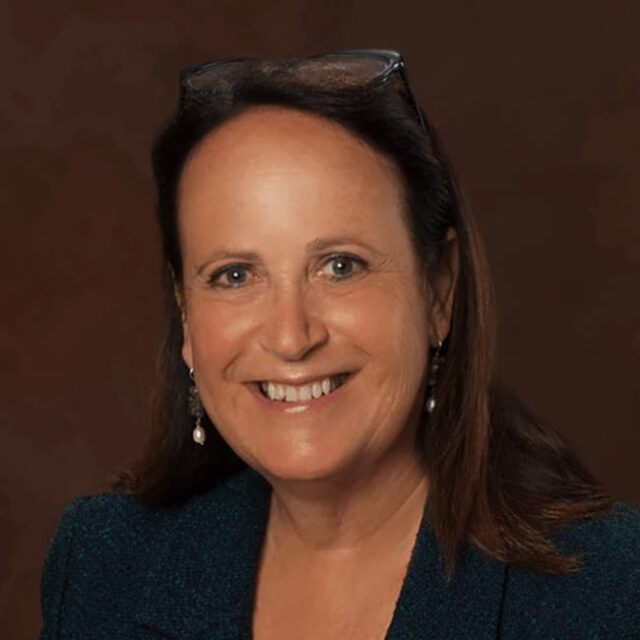
Felicia Marcus is a visiting fellow at Stanford University’s Water in the West program and former chair of the State Water Resources Board which is responsible for implementing laws regarding drinking water and water quality and state’s water rights. She holds 35 years of experience as an attorney and consultant in the water sector and is a founding member of the Water Policy Group, a collective of top advisers on water policy and infrastructure.
